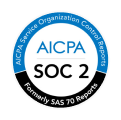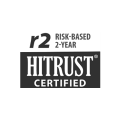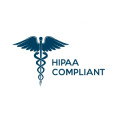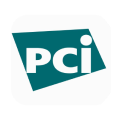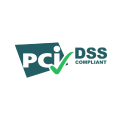Seamless EHR Integrations Connecting Care with Precision
Get your EHR connected today.
The EHR Integration Challenges We Solve
Disconnected Workflows
Manual data entry increases workload & duplication
Compliance & Security Risks
Improper integrations can lead to HIPAA violations
Limited System Interoperability
Difficulty sharing data across platforms
Patient Experience Gaps
Delays in scheduling, billing, and medical records access
Bidirectional EHR Integrations with Leading Platforms
Leading EHR Integrations




How CERTIFY Health Simplifies EHR Connectivity
Not using an EHR yet? Our experts help you select & integrate the right system.
Why Healthcare Organizations Choose CERTIFY Health
Real-time data sync
enhances care coordination & operational efficiency
Built for Every Healthcare Provider
Hospitals & Health Systems
Enterprise-level EHR integrations for large networks
Specialty Practices
Dermatology, Orthopedics, Behavioral Health & more
Multi-Location Clinics
Standardized integrations for unified operations
Independent Providers
Simplified EHR connectivity for small practices
Let’s streamline your practice.
View all supported EHR platforms

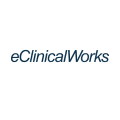

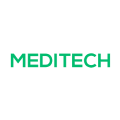

Frequently asked questions
Why is EHR integration critical for healthcare providers
EHR integration connects electronic health records with other systems like billing, scheduling, and patient intake, ensuring seamless data flow between departments. A well-integrated EHR system:
- Reduces manual data entry and administrative workload
- Improves clinical decision-making with real-time access to patient history
- Enhances care coordination between providers
- Ensures compliance with healthcare regulations like HIPAA
For healthcare organizations aiming to streamline operations, EHR integration is a must-have.
What is healthcare interoperability, and why does it matter?
Healthcare interoperability ensures different systems communicate and exchange patient data efficiently, reducing duplication and enhancing care quality. Key benefits include:
- Better patient outcomes through comprehensive medical records
- Faster diagnosis and treatment with real-time data access
- Reduced administrative burden with automated data sharing
Providers adopting interoperable solutions can significantly enhance care coordination and efficiency.
Why is bidirectional EHR integration important for medical practices?
Bidirectional EHR integration ensures real-time synchronization between systems, allowing healthcare providers to:
- Send and receive patient data instantly
- Automate updates across platforms (e.g., scheduling, billing, clinical documentation)
- Enhance operational efficiency by eliminating manual data entry
For multi-specialty clinics and large healthcare networks, bidirectional integration is key to maintaining an accurate and up-to-date patient database.
How does CERTIFY Health’s electronic health record integration optimize workflows?
How does EHR data exchange improve patient care?
EHR data exchange allows secure sharing of patient information between hospitals, specialists, and primary care providers. With bidirectional data flow, clinicians can:
- Access up-to-date patient histories across multiple locations
- Reduce redundant tests and paperwork
- Improve care coordination between teams
For healthcare organizations, efficient data exchange leads to better decision-making and patient outcomes.
How does CERTIFY Health simplify practice management system integration?
CERTIFY Health’s practice management system integration enables:
- Seamless EHR-PMS synchronization for unified workflows
- Automated appointment scheduling and billing
- Real-time insurance verification and claims processing
- Scalability to support multi-location practices
By bridging gaps between EHRs, scheduling, and billing, CERTIFY Health streamlines practice management for maximum efficiency.


